No taxation without representation
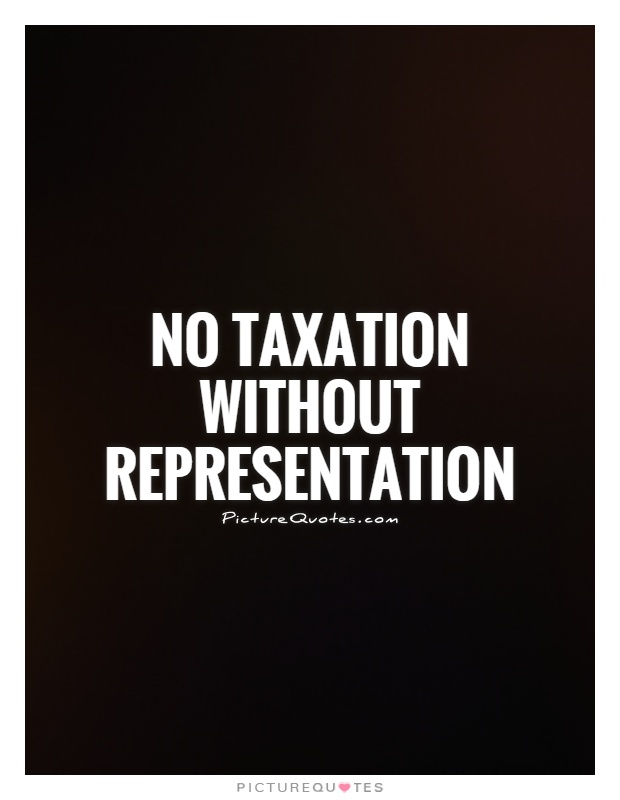
No taxation without representation
The phrase "No taxation without representation" has become a rallying cry for those who believe in the importance of democratic principles and fair governance. This phrase originated during the American Revolution, when the American colonies were being taxed by the British government without having any representation in the British Parliament. The colonists felt that it was unjust for them to be taxed without having a say in how those taxes were levied and spent.The concept of taxation without representation goes against the fundamental principles of democracy, which include the idea that those who are governed should have a voice in the decisions that affect them. Taxation is a necessary function of government, as it provides the revenue needed to fund essential services and infrastructure. However, when individuals are taxed without having any say in how those taxes are collected and spent, it can lead to feelings of disenfranchisement and resentment.
In the United States, the principle of "No taxation without representation" was enshrined in the Declaration of Independence and later in the Constitution. The Founding Fathers recognized the importance of ensuring that the government was accountable to the people it governed, and that individuals had a voice in how their tax dollars were used. This principle has been upheld throughout American history, with various movements and protests advocating for greater representation and accountability in government.
Today, the concept of taxation without representation continues to be relevant in discussions about tax policy and government accountability. Many people believe that they are being taxed unfairly or that their tax dollars are not being used effectively. This has led to calls for greater transparency and accountability in government spending, as well as efforts to ensure that all individuals have a voice in the decisions that affect them.
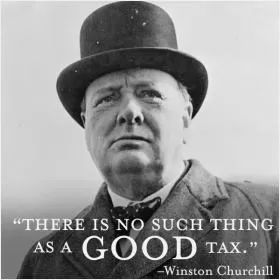
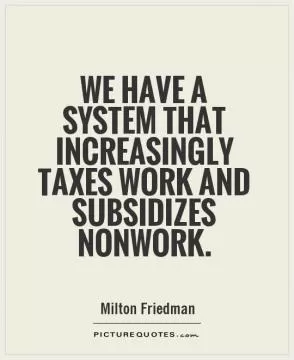

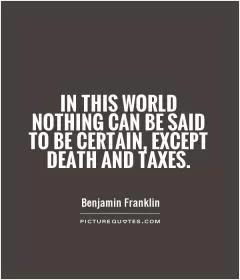
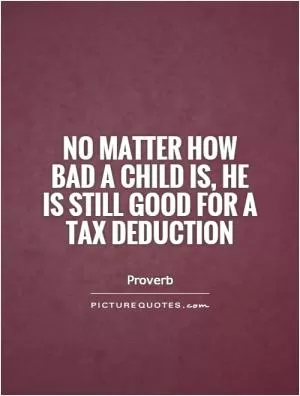
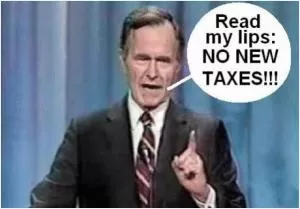
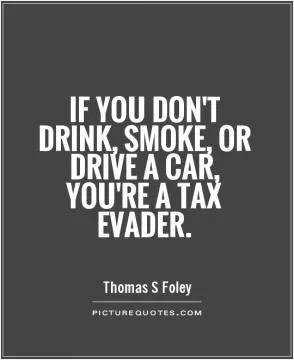
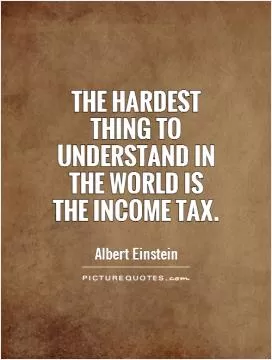
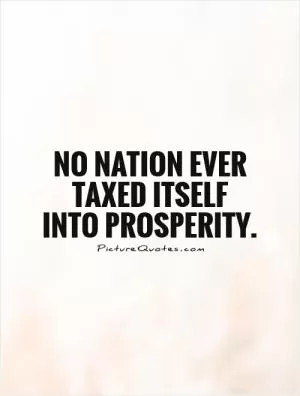
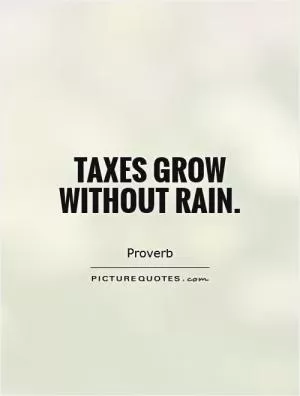
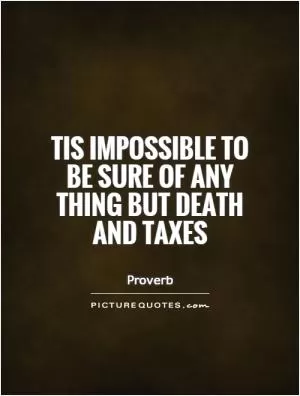
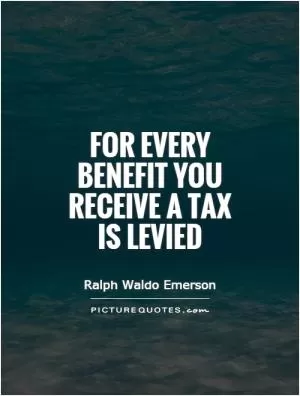
 Friendship Quotes
Friendship Quotes Love Quotes
Love Quotes Life Quotes
Life Quotes Funny Quotes
Funny Quotes Motivational Quotes
Motivational Quotes Inspirational Quotes
Inspirational Quotes